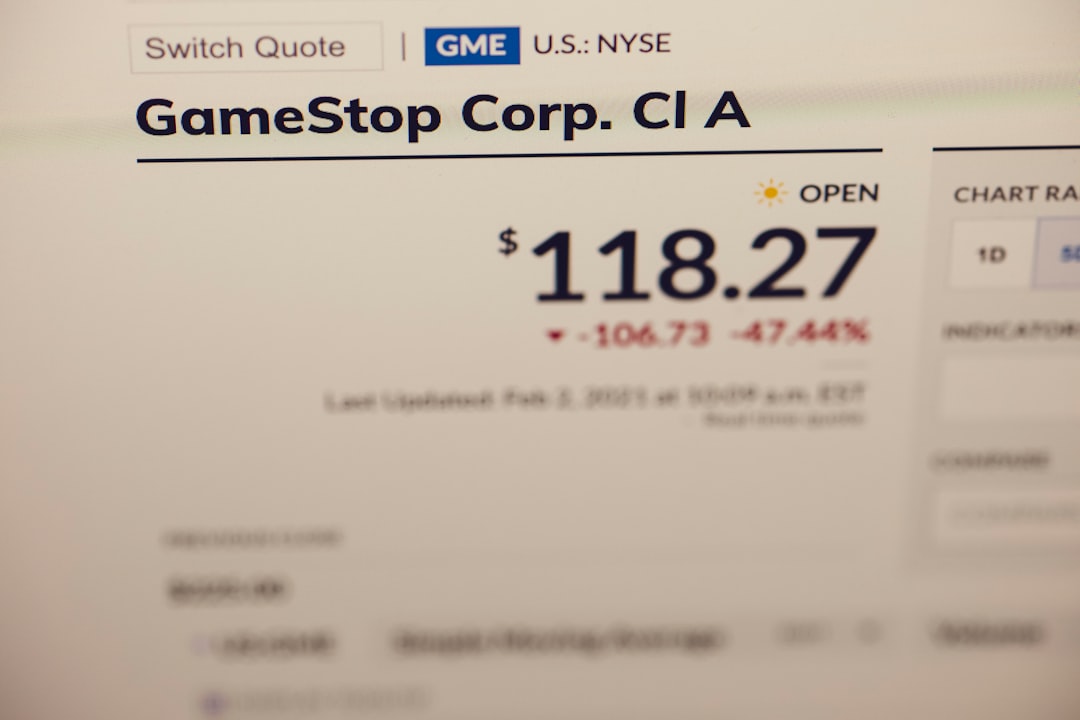Sales reps live and breathe in the fast-paced, quota-driven world of closing deals and nurturing leads. In that context, maintaining clean and up-to-date customer relationship management (CRM) data often becomes a secondary concern. However, CRM hygiene isn’t just a clerical task—it’s a critical part of ensuring that every call and email adds value. But the truth is, unless CRM hygiene is made easy, relevant, and rewarding, most sales reps simply won’t maintain it.
Let’s explore how organizations can build CRM hygiene practices that sales reps will actually maintain—without nagging, penalties, or overcomplication.
Why CRM Hygiene Matters
Before diving into tactics, it’s important to understand the “why.” Clean CRM data ensures:
- Better forecasting: Sales managers can make data-driven decisions with confidence.
- Personalized outreach: Reps can tailor their communications with more accurate information.
- Improved collaboration: Marketing, support, and sales all operate from the same reliable source of truth.
- Automated systems work correctly: Follow-ups and task assignments rely on the accuracy of CRM data.
Despite all these benefits, CRM hygiene often falls through the cracks. Why? Because the tools and rules around it don’t always align with how sales reps actually work.
Make It Part of Their Workflow, Not Additional Work
The key to getting reps to maintain CRM hygiene lies in integration. CRMs that feel like a chore to update will always get the short end of the stick, especially at the end of a long sales day.
Here’s what integration can look like:
- Email and call logging automation: Integrate your CRM with communication tools (like Outlook, Gmail, or Zoom) to automatically capture interactions.
- Mobile accessibility: Sales reps often operate on the go. A CRM mobile app that’s fast and intuitive can be the difference between up-to-date and outdated data.
- In-line editing: Allow reps to update records directly from pipeline or search views, reducing the need to hunt through pages of fields.
The more you blend CRM hygiene with natural sales motions, the higher the likelihood that it becomes a habit rather than a hassle.

Focus on What Actually Matters
Not every CRM field deserves daily attention. Instead of overwhelming reps with excessive data entry requirements, identify the critical fields that must stay up to date for your business to function smoothly.
Some commonly essential fields include:
- Deal stage
- Est. close date
- Contact role
- Next step or follow-up activity
Once you’ve determined which fields are business-critical, communicate that clearly to sales reps and provide examples of what “accurate” looks like. Better yet, make non-critical fields optional or auto-fillable.
Show Them the Value—Not Just the Rules
Nobody likes data entry. But when CRM hygiene results in faster deals, higher commissions, and fewer repeated questions from managers, reps start paying attention. You need to make the benefits of clean CRM data crystal clear at the individual level.
Here are a few ways to do that:
- Leaderboards for data completion: Gamify CRM hygiene with friendly competition and rewards.
- Show success stories: Highlight deals that were saved or accelerated thanks to accurate CRM insights.
- Use the data in rep-facing reports: If reps see the data reflected in their own dashboards and forecasts, they’re more likely to keep it current.
CRM hygiene should feel like putting gas in a car—not like filling out a government tax form.

Automate Where Possible
Modern advancements in AI and automation can handle many of the CRM hygiene tasks that once required manual input. That doesn’t mean sales reps are off the hook—but it does mean that they don’t have to start from scratch.
Here are a few hygienic habits that AI can automate:
- Email parsing: Automatically extract new contact insights and meeting summaries from email threads.
- Follow-up task creation: Create and assign tasks based on communication patterns and deal stage.
- Deal health analysis: Machine learning can flag outdated opportunities or deals going stale.
When reps can simply review and approve suggestions instead of manually entering every detail, CRM hygiene becomes a background function instead of a foreground frustration.
Regular, Non-Punitive Reviews
If the only time CRM data gets reviewed is during end-of-quarter fire drills or when a manager’s in a bad mood, you’re doing it wrong. Build regular, light-touch hygiene reviews into your one-on-ones or weekly sales huddles. The goal isn’t to punish—it’s to coach and spot gaps early.
What this might look like:
- Quick pipeline audits with reps weekly or bi-weekly
- Reviewing stale deals and missing next steps
- Highlighting standout CRM updates publicly as best practices
This creates a culture where reps know that CRM hygiene matters—but not because it’s being policed. Rather, it’s because it makes everyone’s job easier.
Customize the CRM Language to Match Sales Lingo
Using technical CRM jargon that doesn’t reflect how your sales team talks can introduce confusion and resistance. For instance, a field like “Opportunity Status Flag” is less intuitive than “Is this deal live?”
Take time to localize your CRM interface and fields to match the terminology, deal stages, and labels that your reps naturally use. If they say “demo completed” instead of “stage four”, then reflect that in the options and workflows.
The CRM should feel like an extension of the rep—not a foreign system they’re forced to interact with.
Provide Quick Training & Resources
No one ever gets excited about CRM manuals or two-hour training webinars. Instead, create quick-reference content and guided walkthroughs that help reps update data in the moment, not after the fact.
Ideas include:
- Short video tutorials embedded directly in the CRM
- Slack-integrated commands to pull deal data
- Contextual tips that appear only when fields are empty or outdated
Just-in-time learning makes it easier for reps to form lasting habits without disrupting productivity.
Conclusion: Hygiene is a Culture, Not a Checklist
Ultimately, CRM hygiene doesn’t thrive because of checklists—it thrives because of culture. If your sales environment values speed over accuracy, or “gut feelings” over evidence, then no amount of tips, training, or automation will stick.
The good news? You can shift habits by aligning CRM hygiene with daily sales activity, demonstrating personal benefit, streamlining tedious tasks, and celebrating small wins. When data maintenance ceases to be “busywork” and starts being viewed as “sales infrastructure,” you’ll find that your reps are not just willing to maintain hygiene—they’ll start to lead it.
Clean data is everybody’s job. But with a little strategy and a little empathy, it can start with your frontline sellers.
